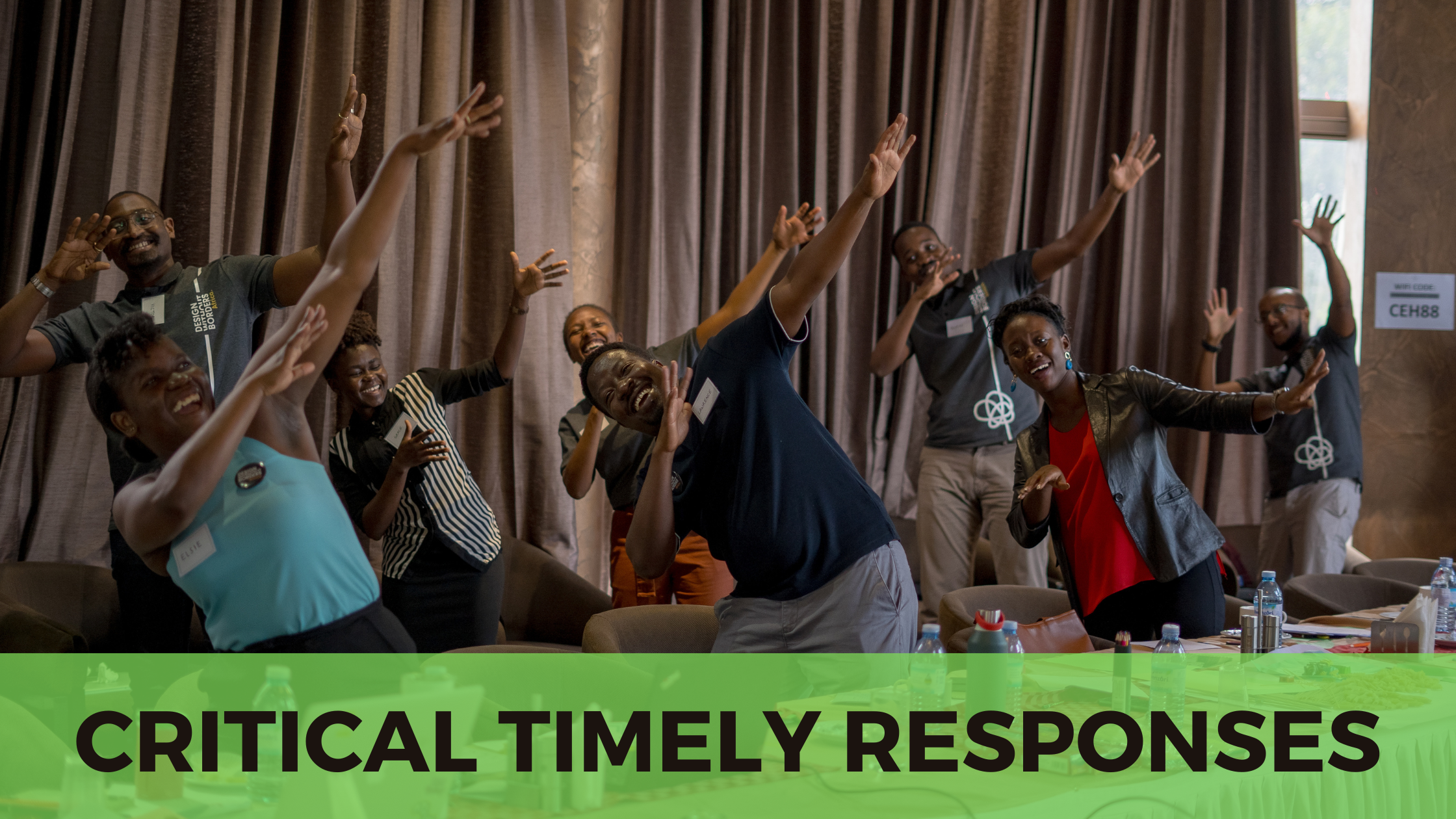Recently my twelve-year-old nephew asked me, “Uncle when you were 10-15 years old did you ever imagine that your career would take this direction?”
I was amazed at the question but it got me thinking. In hindsight, I wasn’t thinking about career direction as a teenager. I started thinking about my career just before going to University. Luckily for me, I managed to correct the lack of career planning when I realized I was “rolling with the punches”
The story I am about to share is real but the names have been changed to protect the identity of the subject.
Sam spent his twenties and early thirties as a lawyer, and freelance speaker, a life he loved. He was an extremely great speaker and lawyer, popular with clients, and very competent professionally. On his travels, he met his future wife, another lover of public speaking, but also an ambitious entrepreneur. A couple of years after they married, Sam’s traveling career was no longer fitting in with the life they wanted as a couple. Just as he began searching for a suitable one-location job, he immediately came across an opportunity to work for a Construction Company as a salesman.
This seemed a great fit with his life, and so he jumped at the role. Sadly, the gulf between law, speaking and selling proved huge and the move was not a success. Although personable and knowledgeable, Sam’s love of law and public speaking did not translate into commissions and the new career eventually led to a voluntary redundancy. At a loss as for what direction to take, Sam accepted the offer of outplacement consultancy as part of his redundancy package. This was thorough and detailed, involving meetings, analysis and advice over six months.
Key features of Sam’s personality that were relevant to his working life were a love of working with and helping others along with other features that led the consultant to suggest that he consider joining St. John’s Ambulance service in Bugolobi
Sam applied, was accepted and began his new career almost a year after leaving the sales team. He enjoyed it so much that after two years he applied to train as a full paramedic. Two further years on and he is now immersed in, and loves, this new role – it took nearly five years to get there.
This is a real example of someone’s recent career transition and illustrates the power of the decisions we make. Some of us go through life blaming the boss, company, policies etc. Your career is your primary responsibility. Stop blaming others.
Whether you know it or not your approach to careers takes one of these four directions:
Unplanned: You have just ‘gone with the flow’, based on what your employers offer and other opportunities that present themselves. It often means a passive approach where things just happen to you – sometimes these will be great, lucky events but not necessarily.
Planful: far more engaged, active style that means a more careful consideration of options with awareness of your own values, motivations and career ideals.
Thoughtful is when you have researched, taken an objective overview, and worked out a strategy to achieve your goal.
Intuitive is when you get a gut feel about what will work for you without overthinking and analysing.
Take some time to examine your approach to career planning and whether you need to tweak it. And for all Sams out there, please remember, if your own working life involves some responsibility for the careers of others, it is equally important that you understand the options and consequences of their job-related decisions.








